Steve Scalise's Problem Is the Republican Party's Problem
The Nation
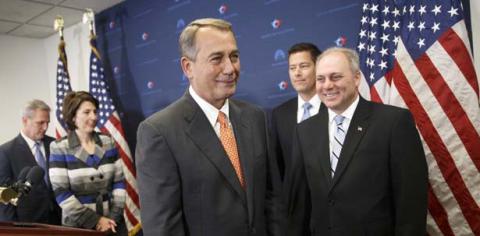
The Republican rising star struggled for two days to get clarity with regard to his appearance at a "white pride" - Ku Klux Klan event in 2002. Initially, his office tried to keep things vague, suggesting it was "likely" Scalise attended. He was a veteran state legislator then, elected from the same precincts where David Duke once ran strong. When it became clear he was not just present but a presenter, Scalise started spinning scenarios that might explain it all away.

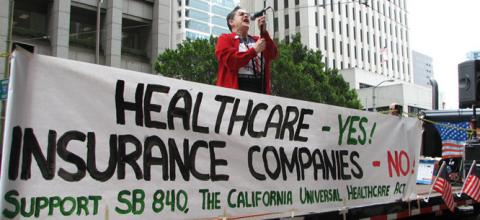
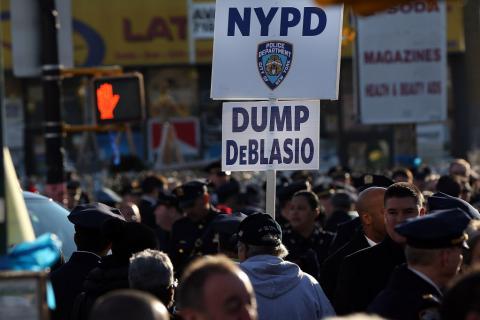

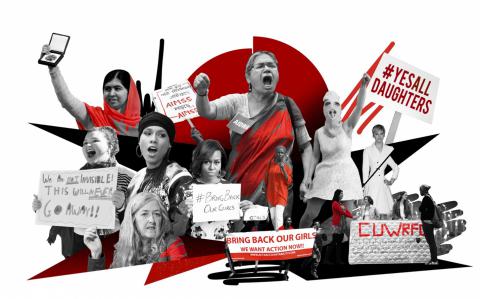
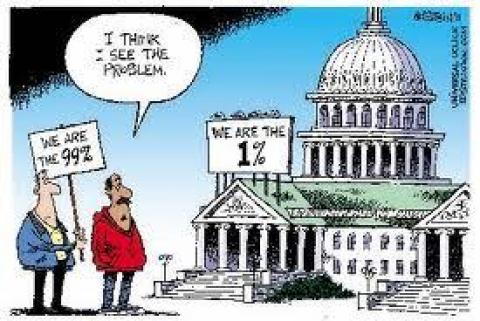
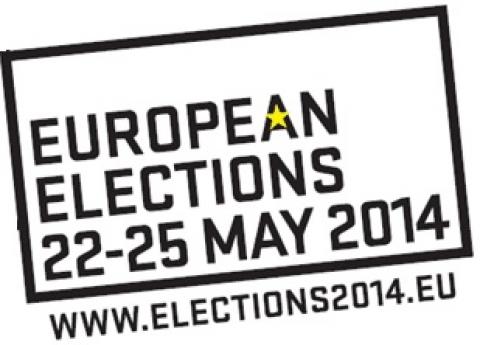
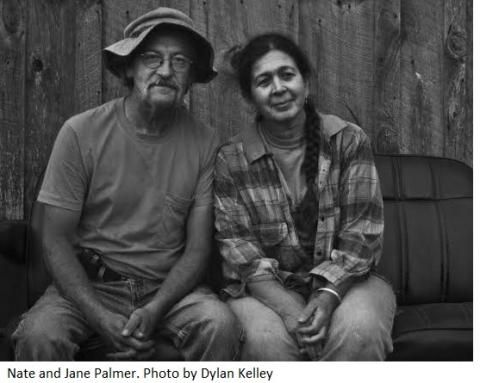

Spread the word